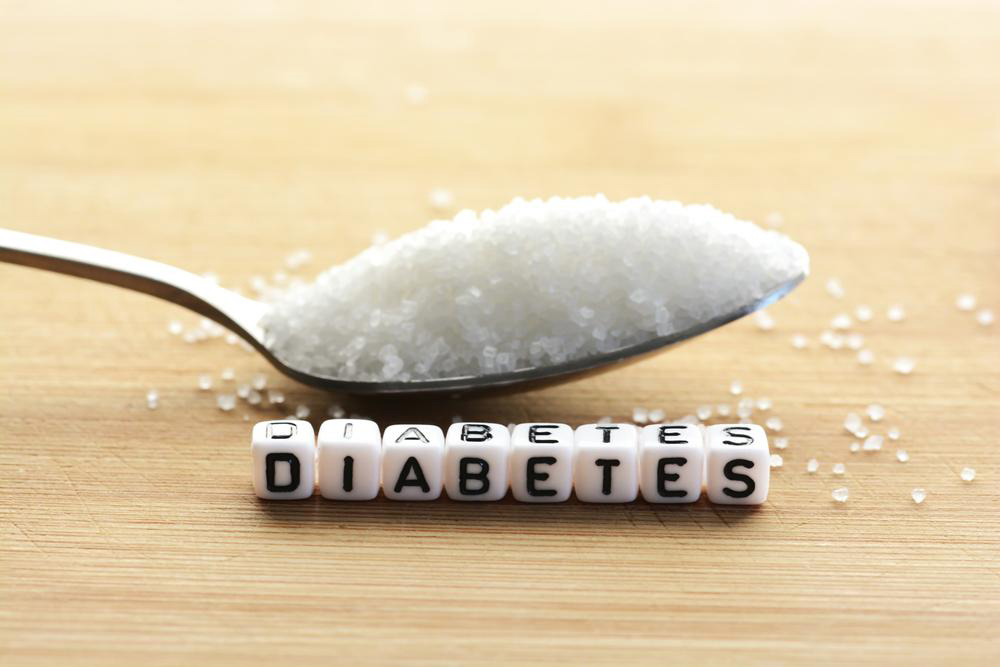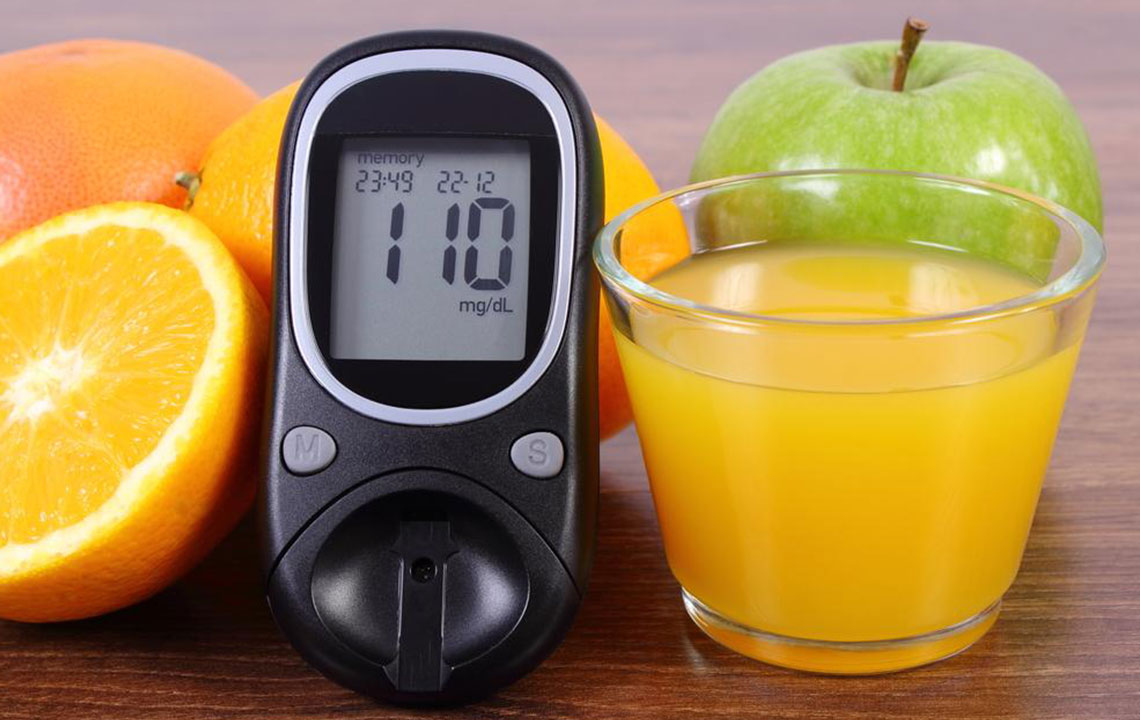Essential Foods to Avoid for Effective Diabetes Management
Managing diabetes effectively requires careful dietary choices. Avoiding sugary drinks, trans fats, refined grains, and fried foods is essential to maintain healthy blood sugar levels and prevent cardiovascular risks. This comprehensive guide highlights key foods to eliminate from your diet, empowering you to make informed decisions for better health. By understanding the impacts of different foods, individuals with diabetes can better control their condition and improve their overall wellness, reducing the risk of complications and enhancing quality of life.

Critical Dietary Items to Steer Clear of When Managing Diabetes
Achieving and maintaining healthy blood sugar levels is a fundamental aspect of managing diabetes effectively. Proper dietary choices play a pivotal role in controlling the condition and preventing complications. For individuals living with diabetes, understanding which foods to avoid is essential for better health outcomes. Certain foods can cause sharp increases in blood glucose, promote insulin resistance, and elevate cardiovascular risks. This comprehensive guide provides insight into key foods to eliminate from your diet to ensure optimal blood sugar control and overall wellness.
Sugary Beverages: Sugary drinks such as sodas, fruit-flavored drinks, energy beverages, and sweetened teas are among the most detrimental to a diabetic diet. These beverages are loaded with high levels of refined sugars and carbohydrates that lead to rapid spikes in blood glucose levels. Beyond their immediate effects, they contribute to insulin resistance over time and can foster weight gain, especially around the abdominal area, which further complicates diabetes management. The presence of fructose in many sweetened beverages worsens insulin sensitivity and promotes fat accumulation, notably visceral fat, which is strongly linked to metabolic syndrome and cardiovascular disease.
Consuming high amounts of fructose disrupts normal metabolic processes, leading to an increase in abdominal fat, elevated bad cholesterol (LDL), triglycerides, and overall inflammation—all factors detrimental to people with diabetes. Replacing sugary drinks with water, herbal teas, or other non-caloric beverages is recommended for better blood sugar regulation.
Trans Fats: Trans fats are artificially produced fats through a process called hydrogenation, which solidifies liquid oils. They are found in margarine, shortening, commercially baked goods, fried foods, and snack foods like crackers and cookies. These fats are notorious for raising bad cholesterol levels while lowering good cholesterol, increasing the risk of heart disease—a concern that is especially relevant for diabetics. Trans fats can promote inflammation and insulin resistance, further impairing metabolic health. Eliminating trans fats is crucial for maintaining cardiovascular health and controlling blood sugar levels effectively.
Refined Grain Products: Foods made from highly processed grains—such as white bread, white rice, regular pasta, and baked goods made with refined flour—are quickly digested, causing rapid rises in blood glucose. These carbohydrate-dense foods lack fiber, which is essential for slowing glucose absorption and assisting in blood sugar stabilization. High consumption of refined grains has been linked to increased risk of developing Type 2 diabetes and worsening disease progression in those already diagnosed. In addition, diets rich in refined carbs can impair cognitive functions and contribute to weight gain, compounding the challenges faced by individuals with diabetes.
Many flavored yogurts that are marketed as healthy options also contain excessive sugars and added carbohydrates, which can significantly spike blood glucose levels. It’s vital to read labels carefully and opt for plain unsweetened yogurt, adding fresh fruits or nuts for flavor and extra nutrients.
Fried Foods: Fried snack foods such as potato chips, fried chicken, fish fries, and tempura are laden with unhealthy fats, excessive carbohydrates, and sodium. The frying process deteriorates the nutritional quality of the food, reducing vital nutrients while increasing trans fats and calories. These foods are highly caloric and promote weight gain, insulin resistance, and elevated blood sugar. Regular consumption of fried foods can lead to serious cardiovascular issues and worsen glycemic control. Instead, choosing baked, grilled, or steamed dishes is advisable for managing diabetes effectively.
Ultimately, the foundation of effective diabetes management lies in understanding the nutrient composition of each food and its impact on your body. Making mindful, informed dietary choices—such as avoiding those outlined above—can significantly improve blood sugar stability, support cardiovascular health, and enhance overall quality of life. A balanced, nutrient-dense diet combined with regular physical activity is essential for long-term diabetes control and prevention of complications.





